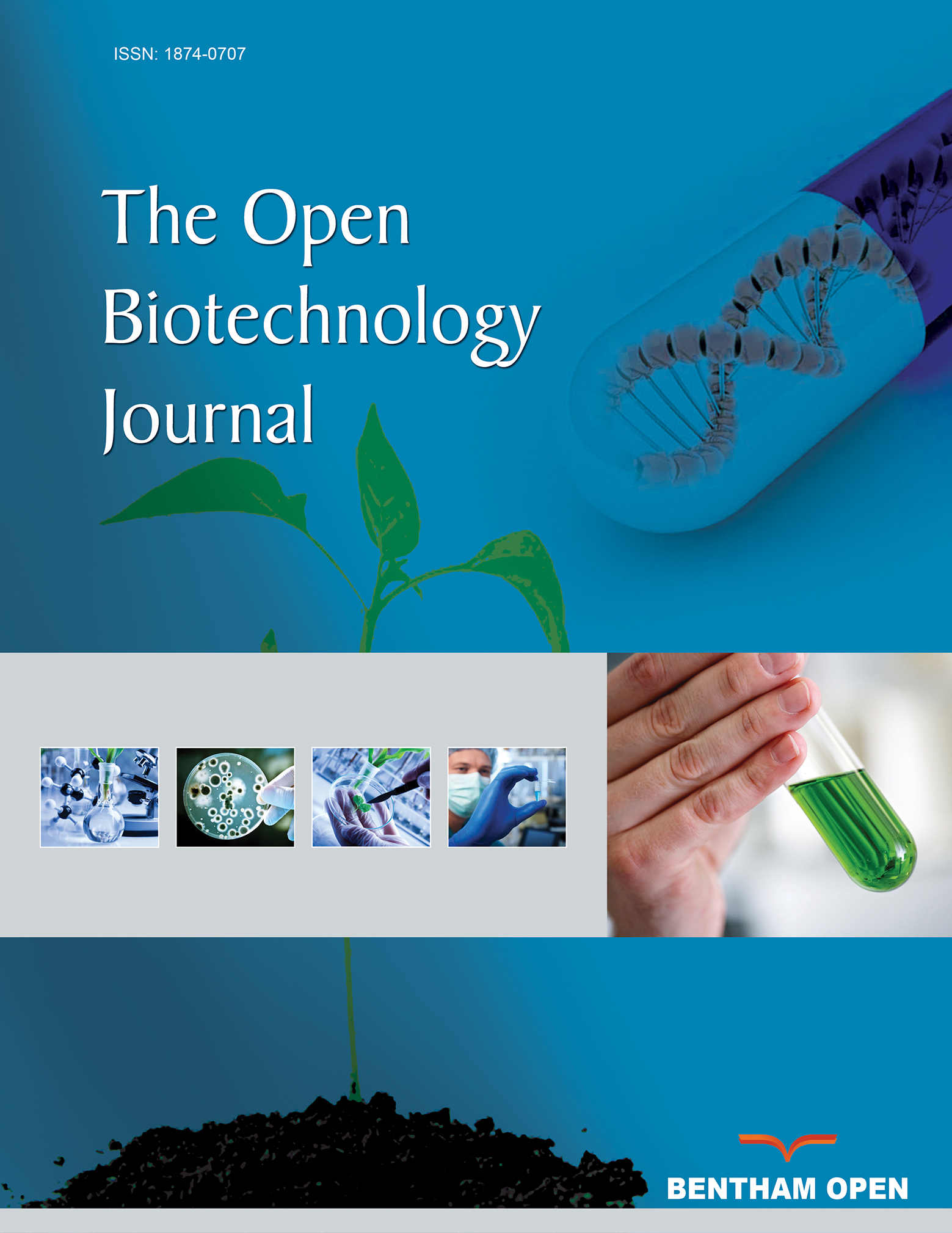All published articles of this journal are available on ScienceDirect.
Statistical Optimization of Biohydrogen Production from Palm Oil Mill Effluent by Natural Microflora
Abstract
In this study, palm oil mill effluent (POME) was used as the substrate for biohydrogen production. Heat-treated POME sludge acclimated with POME incubated at 37°C for 24 hours was used as seed culture. Preliminary screening on the effects of inocula sizes, heat treatment, substrate concentration and pH of incubation by using a factorial design (FD) were conducted under mesophilic condition (37°C) using a serum vial (160 mL). The experimental results from two-level FD showed that pH and Chemical Oxygen Demand (COD) of POME significantly affected biohydrogen production. Optimizations of the specific hydrogen production (Ps) and the hydrogen production rate (Rm) were achieved by using a central composite design (CCD). The maximum Ps of 272 mL H2/g carbohydrate was obtained under optimum conditions of pH 5.75 and substrate concentration of 80 g/L. The maximum Rm of 98 mL H2/h was calculated under the optimum conditions of pH 5.98 and substrate concentration of 80 g/L. The optimized conditions obtained were subjected to a confirmation run and it showed reproducible data with a Ps of 226 mL H2/g carbohydrate and Rm of 72 mL H2/h.


